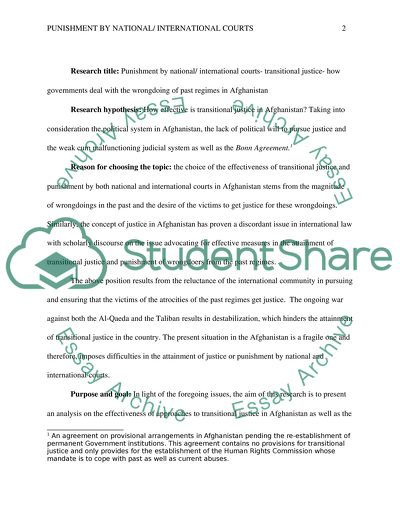Cite this document
(“Punishment by national/ international courts - transitional justice Essay”, n.d.)
Retrieved from https://studentshare.org/law/1468904-punishment-by-national-international-courts-transitional-justice-afghanistan
Retrieved from https://studentshare.org/law/1468904-punishment-by-national-international-courts-transitional-justice-afghanistan
(Punishment by National/ International Courts - Transitional Justice Essay)
https://studentshare.org/law/1468904-punishment-by-national-international-courts-transitional-justice-afghanistan.
https://studentshare.org/law/1468904-punishment-by-national-international-courts-transitional-justice-afghanistan.
“Punishment by National/ International Courts - Transitional Justice Essay”, n.d. https://studentshare.org/law/1468904-punishment-by-national-international-courts-transitional-justice-afghanistan.


